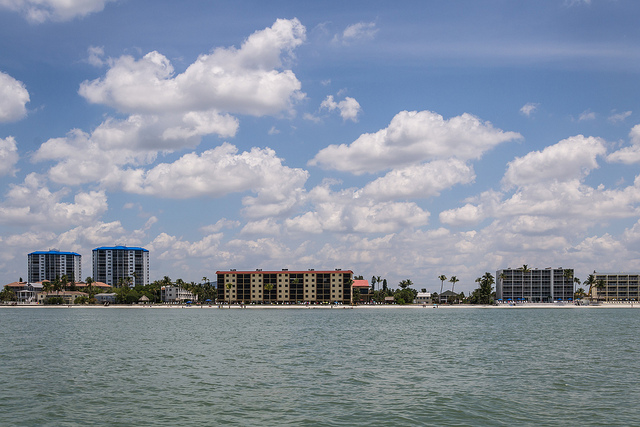The Surfside Condo Collapse, a tragic incident that took place in Miami, Florida on June 24, 2021, has sparked a significant shift in conversations about building safety. The collapse of the 12-story Champlain Towers South Condo resulted in substantial loss, inciting global shock and sorrow. As discussions about building safety intensify, new legislation is under consideration to ensure similar unfortunate events do not happen in the future.

Understanding the Surfside Condo Collapse
About 55 of the 136 units at Champlain Towers South were reduced to rubble as the condo collapsed. This horrific event killed 98 people. The calamity has forced us to ruminate on the importance of in-depth and regular building inspections for safety purposes. Rescue efforts were another challenging aspect of the incident due to the potential instability of the remaining structure.
New Legislation: An Essential Preventive Measure
In the wake of the Surfside Condo Collapse, lawmakers have put forth new legislation directed towards ensuring such tragic incidents do not repeat in the future. These include stricter inspection requirements, more thorough structural assessments, more transparency in inspection results for potential buyers and residents, and more stringent standards for repair and maintenance.
The Florida State Senate Bill 378 and House Bill 269 recently proposed, aim to address these priorities. The bills lay out regulations mandating inspections of structural, electrical, and mechanical components for buildings taller than 3 stories and more than 30 years old. A defined frequency of inspections is another aspect of the proposed legislation.
The Impact on the Real Estate Industry
While these legislations will inevitably mean additional cost and regulation for building owners, it’s essential to look upon them as crucial preventive measures rather than burdensome obligations.
The new legislation could potentially impact the real estate market, especially those entities dealing with older structures or condominiums. It may cause initial disruption as the stricter standards may mean that buildings previously considered in good condition could require major repairs or renovations.
However, in the long term, the legislation is beneficial for the industry as a whole. A safer, transparent, and more accountable system is likely to instill more trust and confidence in potential buyers, thus promoting the growth of the real estate sector. Moreover, it acts as a wake-up call for realtors and property managers to embrace more proactive maintenance and inspection routines.
Conclusion
The Surfside Condo Collapse is a somber reminder of what can go wrong when property safety measures and maintenance fall short. The proposed legislation, born out of this tragedy, signifies a progressive move towards a safer and more transparent real estate sector. As parties involved in the industry, it’s our responsibility to embrace these changes for not just compliance but also for the assurance of the safety and peace of mind of our clients. After all, a home is much more than just an investment – it’s a place of safety, security, and peace.
Jeff, Mike, and Dylan from SWFL REIA discuss the events leading up to the collapse, the new regulations in place, and how these impact condo owners, investors, and the overall condo market.
